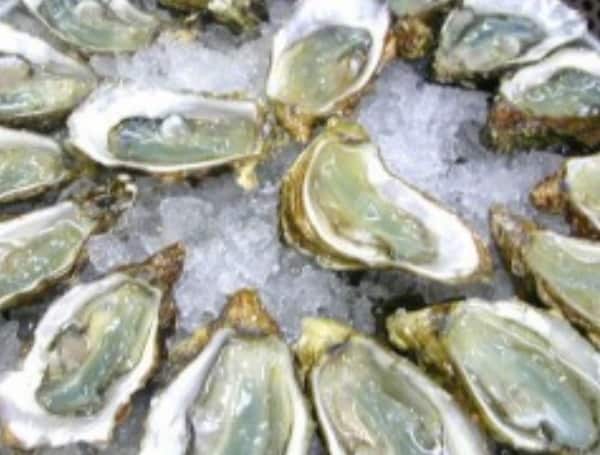At its December meeting, the Florida Fish and Wildlife Conservation Commission (FWC) approved changes to help with the restoration and recovery of oysters in the Apalachicola Bay system.
These changes include the temporary suspension of all wild oyster harvest and the prohibition of on-the-water possession of wild oyster harvesting equipment (tongs) from Apalachicola Bay through Dec. 31, 2025.
The proposed rules will not apply to oyster aquaculture operations.
These changes were proactively put into place Aug. 1, 2020, via Executive Order. Historically, nearly 90% of Florida’s and 10% of the nation’s wild oysters came from Apalachicola Bay. But the Apalachicola Bay oyster population has been declining since 2013 and at this time is collapsed.
Despite the FWC taking a number of significant steps to improve the status of oysters in the bay since 2013, downward trends in abundance continue. Today, Apalachicola Bay oyster abundance is at a historic low and conserving existing oysters and their habitat is of high importance.
“Closures are difficult and a last resort for us,” said Commission Chairman Robert Spottswood. “The good news is the grant we are working with will hopefully allow us to restore the bay and fishing industry, putting people back to work and getting back to where we were. I wish this effort success.”
The FWC will continue to monitor recovery of oysters and can re-evaluate whether limited harvest opportunities may be available earlier than anticipated.
In addition, the FWC received a $20 million commitment from the National Fish and Wildlife Foundation’s Gulf Environmental Benefits Fund to conduct large-scale restoration of oyster habitat in the bay. These funds will be used for a 5-year project that began in 2020, which includes developing a stakeholder-informed adaptive management plan for the oyster fishery and cultching (the spreading of shell to restore oyster habitat) on 1,000 acres of oyster reef habitat.


